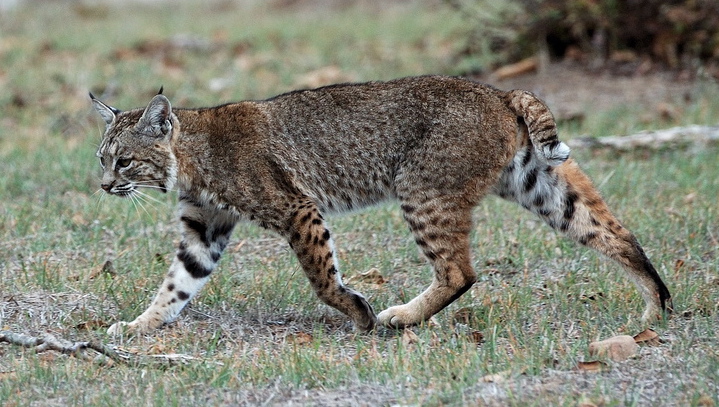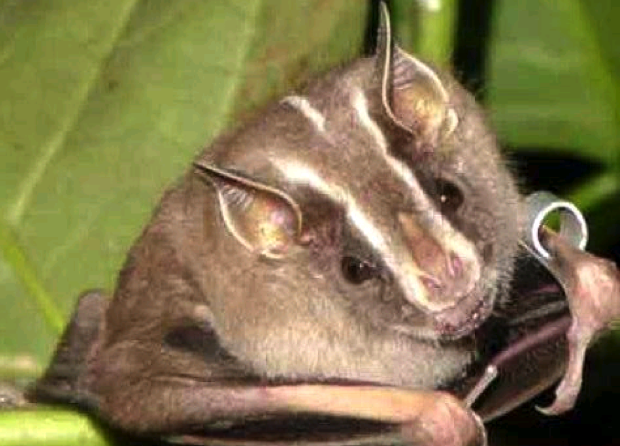Fernando Gonçalves
Former member (Visiting Scholar)
Deforestation and conversion of native habitats to exotic pasture and crops, in addition to inefficient agricultural and cattle management practices, are placing great pressures on natural resources in Brazilian ecosystems such as the Pantanal and Cerrado. To prevent further deforestation and protect biodiversity, areas already developed for farming and ranching need to be managed more efficiently and profitably, so that economic incentives for additional deforestation are minimized. To that end, I'm interested in furthering our understanding of the effects of livestock and land use change on plant and animal assemblages, specifically, the structure, composition and changes in functional groups and ecosystem services in the Pantanal Wetlands in Brazil. I have been working with rural community partners to promote best-management practices that optimize profitability and efficient use of developed lands, while minimizing pressures on natural resources in order to improve pasture conditions and reduce cattle impacts.
Posts by Fernando Gonçalves
Assessing demography and genetic variation in Bobcat (Lynx rufus) using non-invasive DNA analysis and comparing with population size estimates obtained by camera-trapping in Jasper Ridge Biological Preserve
The effects of livestock and land use change on bat communities: structure, composition and changes in functional groups and ecosystem services
More
Members Area
Latest News
- Reconnecting People + Nature in the Anthropocene (YouTube videos)
- A Dirzo Podcast on mass biological loss is now uploaded onto YouTube & audio platforms
- New paper: Restoration of plant-animal interactions in terrestrial ecosystems
- New paper: Trophic rewilding benefits a tropical community through direct and indirect network effects
- New paper: Phenotypic plasticity in plant defense across life stages: Inducibility, transgenerational induction, and transgenerational priming in wild radish


